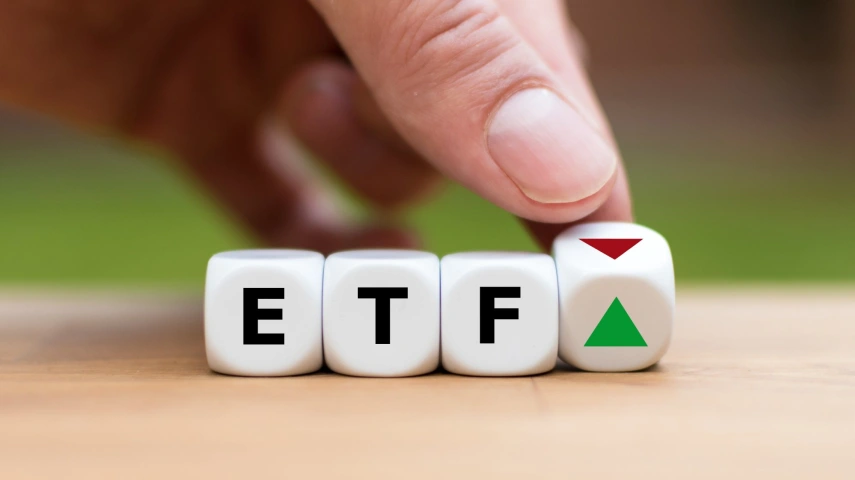Management fees pivotal for ETF investors



New research suggests management fees are a key priority for investors of exchange-traded funds (ETFs), alongside the growing performance expectations.
The 2024 Computershare ETF Insights, which surveyed over 4,800 investors, highlighted a growing emphasis investors place on management fees when selecting ETFs.
According to the survey, although performance expectations are undeniably important, a substantial portion of ETF investors rank management fees as a greater concern in their decision-making process.
Specifically, it noted that ETF investors place high importance on fees (38 per cent), followed by performance (36 per cent) and ease of trading (28 per cent).
Among those who place high importance on fees, these are investors who said their primary reasons for investing in ETFs are saving for the medium-term (52 per cent), strategic bets on assets classes, industries, or themes (47 per cent), diversification (44 per cent), and ease of trading (44 per cent).
Interestingly, the report also found less than half of those who highlighted the low-cost ETFs were conscious of the associated fees.
“Contrary to what we would expect, only 42 per cent of those who mention the low cost of ETFs and long-term savings rate management fees as ‘important’ or ‘extremely important’,” it observed.
“However, management fees are very important to those who save for the medium term (52 per cent). This may indicate that medium term investors pay more attention to management fees, although fees affect long-term investors more due to the compounding principle.”
Earlier this year, research from Global X Australia observed average managed fund fees in Australia were 0.93 per cent per year, while average ETF fees were around half of this figure, with some ETFs charging under 0.10 per cent each year.
Computershare’s survey also highlighted fees among the top three challenges facing ETF investors (17.3 per cent), behind market volatility (25.5 per cent) and lack of understanding of the product (19.6 per cent).
Growing appetite
As the Australian ETF industry surges past $225 billion in assets under management, the report took note of the massive popularity of the vehicle.
Some 50.2 per cent of investors hold an ETF and over half (58 per cent) hold an average total investment balance of over $100,000, compared to 42 per cent of non-ETF investors.
Almost two-thirds (64 per cent) of respondents who said they hold ETFs intend to increase their holdings over the coming year.
Meanwhile over a quarter (27.1 per cent) said they will maintain their investments and just 2.6 per cent said they plan to reduce their ETF holdings.
“Many of our ETF holding survey respondents expressed positivity about their investments, with those planning on maintaining or increasing their position citing diversification, long-term savings and ease of trading as motivations,” observed Ibrahim Hussein, head of ETFs at Computershare Australia and New Zealand.
In October, VanEck research found almost all financial advisers are using ETFs in their client portfolios, up from 87 per cent in 2020.
It indicated the investment product is becoming the preferred choice for advisers, driven by evolving portfolio strategies and the superior performance of ETFs compared to active funds.
Stockspot also highlighted the Australian ETF market could climb to $800 billion in assets under management (AUM) by 2034, with financial advisers underpinning this growth.
Recommended for you
Clime Investment Management has welcomed an independent director to its board, which follows a series of recent appointments at the company.
Ethical investment manager Australian Ethical has cited the ongoing challenging market environment for its modest decrease in assets over the latest quarter.
Commentators have said Australian fund managers are less knowledgeable compared with overseas peers when it comes to expanding their range with ETFs and underestimating the competition from passive strategies.
VanEck is to list two ETFs on the ASX next week, one investing in residential mortgage-backed securities and the other in Indian companies.















